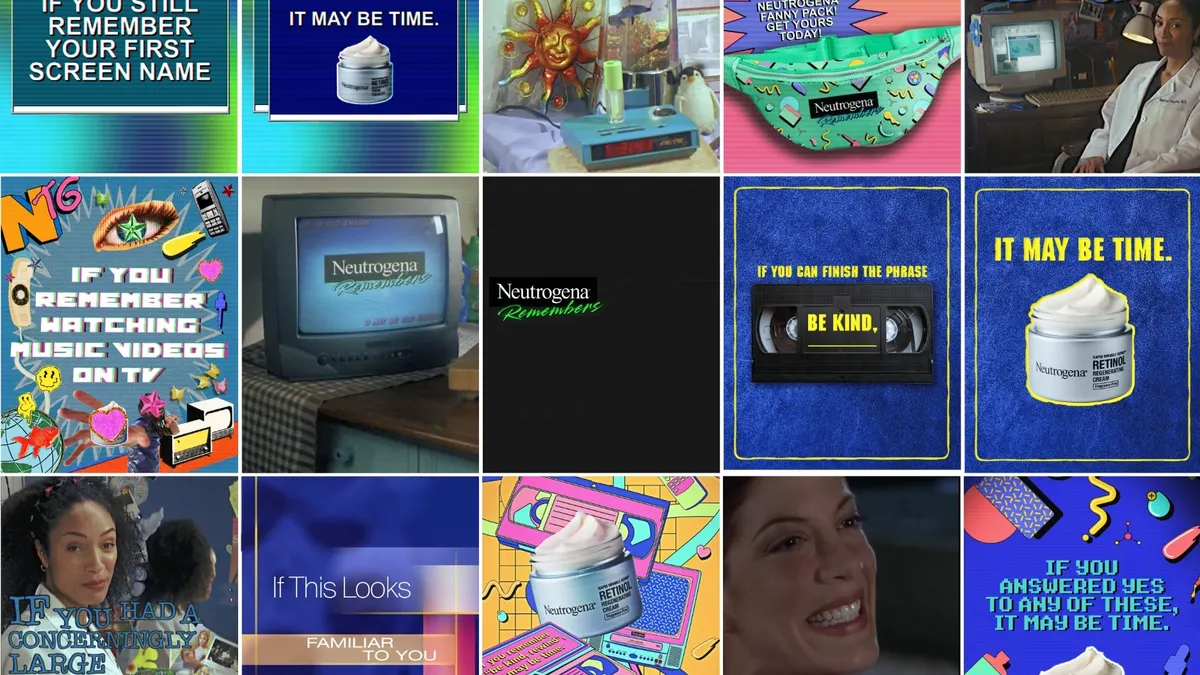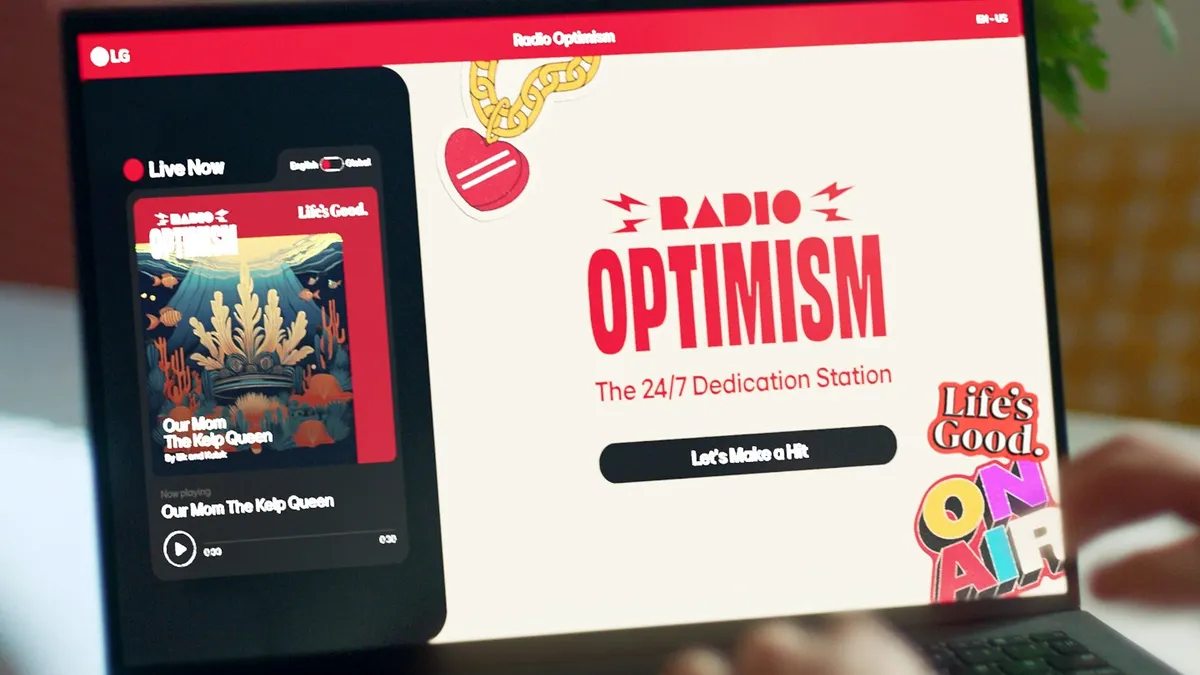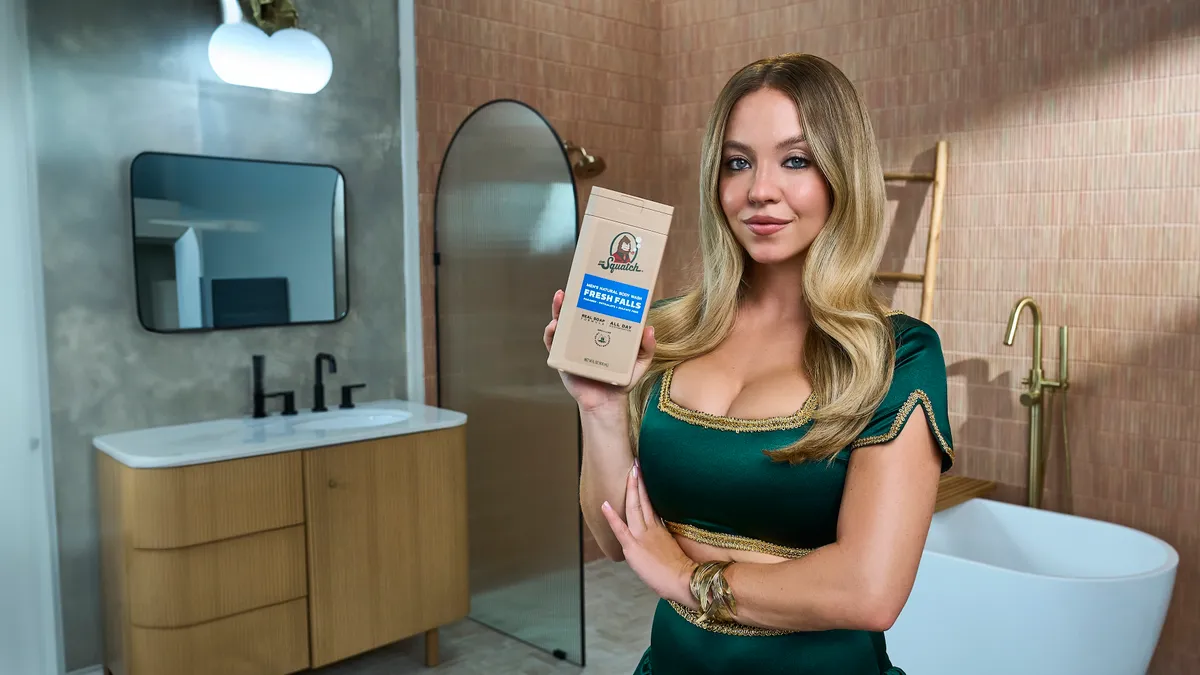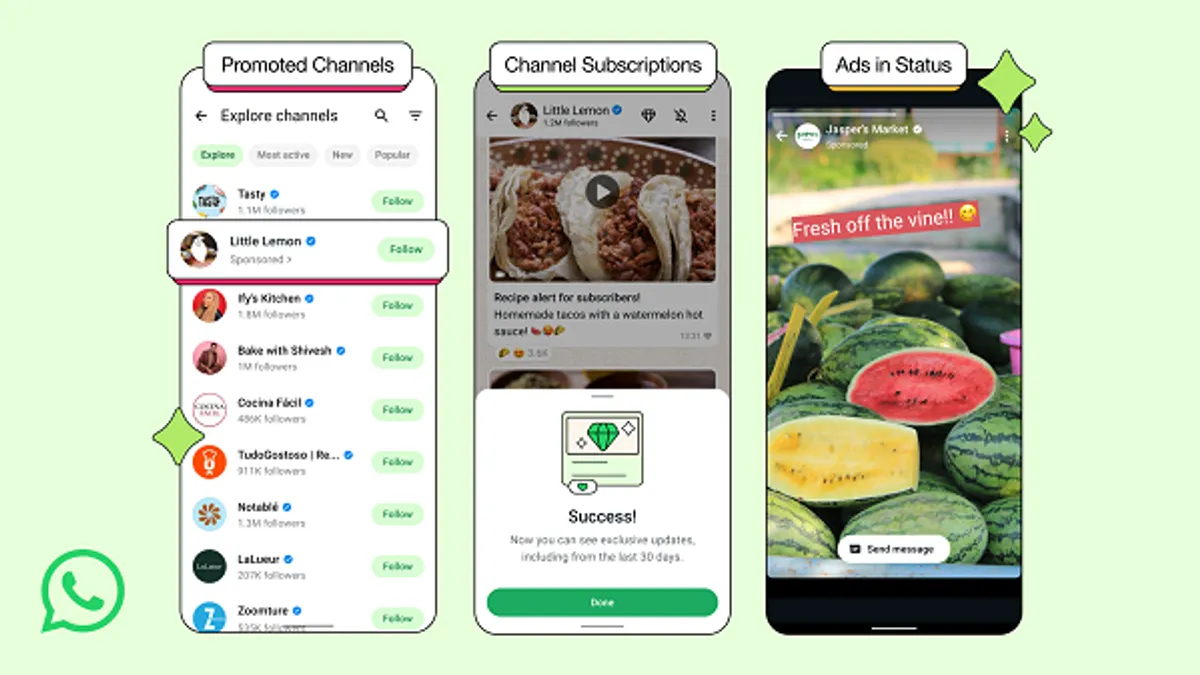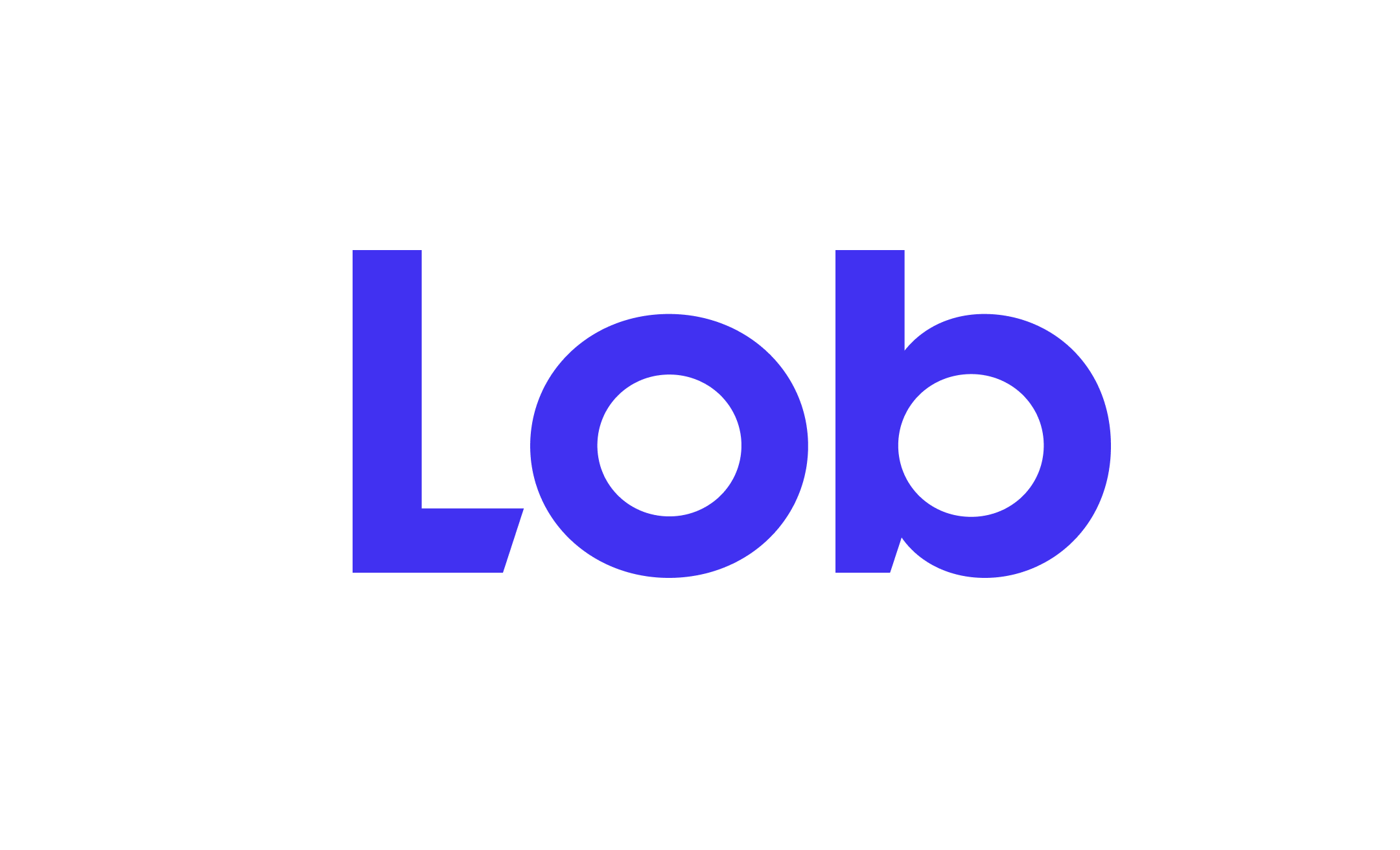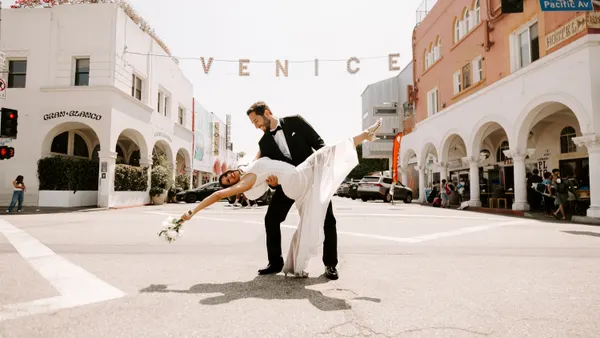In a year fraught with political and social tension, brands are leaning into marketing that shoots for resonance — sometimes through humor, more often by tackling tough issues — resulting in spectacular fails like the Kendall Jenner Pepsi ad, along with a handful of campaigns that deliver the proper emotional impact while remaining true to brand.
Consumers' growing demand for more narrative and thematic weight in their marketing is ultimately driving conversations around improving the overall quality of advertising, which might help win the war against digital threats like ad blockers. These nuances are especially useful in engaging young demographic groups that have grown up in a cynical digital environment but are also more receptive to messaging centered around topics like diversity, according to industry research.
"It's table stakes for companies marketing to Gen Z to have a purpose-driven spirit — you have to have a message that resonates and it needs to be tied to a larger, more impactful cause," Aimee Woodall, founder and president of The Black Sheep Agency, told Marketing Dive in a statement.
However, brand messaging that gets political without contextualizing that shift or fitting it into the larger brand story is likely to be rejected. A recent report from industry group 4A's found that 58% of consumers don’t want politics in their marketing at all, and widespread criticism of a push like Pepsi's speaks to that skepticism and the fine balance that must be struck.
"The shift is in how they approach these campaigns — looking to make a social good investment instead of a sales case for broadcasting something," Woodall said of brands. "That's why their message doesn't click — it's not a real message. It's a just an ad, and we're at a time where just making an ad doesn't cut it. You have to get real."
Creating an authentic feel
Fail: Pepsi's Kendall Jenner ad
Arguably the year's most mocked campaign shares a lot in common with one of the most acclaimed — so why did one falter when another soared? Pepsi's Kendall Jenner spot sought to depict the brand as a cultural unifying force, having the celebrity quell protest tensions by offering a police officer a can of the namesake soda.
"It can't be vague or slick, which is where Pepsi went wrong," said Woodall of the soft drink brand's messaging strategy. "You have to be talking about it for the right reasons."
Twitter users were quick to point out that Pepsi's ad appropriated imagery from social justice movements like Black Lives Matter without concretely outlining its own real-world issues to tackle, making the entire effort look cynical. The tone-deafness here was attributed by some to the ad being made by an in-house shop, spurring larger discussions about the lack of perspective in-house creative work can produce and the value of third-party agencies.
The inoffensive generic protest signs in Pepsi's woke Kendall Jenner ad are hilarious. pic.twitter.com/9t2h6YxCZL
— Ronan Farrow (@RonanFarrow) April 4, 2017
Echo chambers are something brands must be more acutely aware of in a sharply divided time like 2017, according to Kate Murphy, director of strategic relations of Crowdtap, who added that "consumer research, along with simple concept/creative testing with your target audience, should be a crucial part of a campaign process."
Win: Heineken's "World's Apart"
But where Pepsi's push was so widely skewered that the brand had to pull the ad and apologize, Heineken snagged a viral YouTube hit and plenty of earned media buzz with a similar issue-driven message. With its "World’s Apart" campaign, the beer brand put people from opposed political and social worldviews in a room together and had them work through their differences toward a common goal.
Heineken's ad was careful not just to avoid presenting vague representations of opposing points of view — police officers and protesters backing no tangible cause — but also to broach hot button issues like feminism and climate change in a way that many read as grounded and intended to spur genuine discussion.
"Granted, they're still selling beer," said Laurel Rossi, CMO of Rauxa. "[B]ut instead of crafting an inauthentic manifesto around corn syrup unity, Heineken and Publicis London created an experiment that brought together real people with really opposing views to work and start a dialogue."
"Who knows how it really ended — but the insight and the content that resulted from it stayed true to their original goal," she said.
Striking an emotional chord
Win: Axe's "Is it Okay for Guys?"
Another line separating Pepsi's ad from Heineken's was the centrality of Jenner; where one spot puts a celebrity at the forefront of its politics, potentially appearing out of touch with the everyday consumer, another leverages real people and gives their voices a platform.
Unilever's Axe is taking that approach a step further with its new "Find Your Magic" platform and especially recent pushes like "Is it Ok For Guys?" The latter campaign specifically looks to deconstruct a culture of "toxic masculinity" and is built around actual Google searches men make when they're too self-conscious to ask questions about everything from wearing makeup to experimenting with their sexuality.
Axe, with the help of agency 72andSunny Amsterdam, is not only making an 180-degree pivot away from its old messaging strategy — which frequently propped up bro-centric ideas of both man- and womanhood — but is also doing so by digging into a politicized topic and then extending its message through channels built on their authentic tone.
"The use of influencers as opposed to celebrity ambassadors for this program was a fantastic move by Axe," said Murphy. "[R]esearch has shown that micro- to mid-reach influencers can see higher engagement rates and trust levels amongst followers –– both crucial for a campaign as emotionally charged as this."
Fail: McDonald's grief-focused TV spot
The critical success of Axe's "Find Your Magic" points to how digital extensions and grassroots research can ensure an ad retains its emotional heft without feeling like an overt promotion. McDonald's recently showcased the risks in failing to properly gauge that tricky balance with a U.K. TV spot about a grieving son and his dead father.
The ad, since pulled, was widely criticized on social media for exploiting child bereavement solely to push a brand name, drawing unflattering comparisons to Nationwide’s "dead boy" Super Bowl spot — deemed by some to be one of the worst-ever for the sporting event.
"It was never our intention to cause any upset," a McDonald's spokesperson told The Guardian. "We are particularly sorry that the advert may have disappointed those people who are most important to us: our customers."
The boldness of simplicity
Fail: Dove's body-positive packaging
Dove recently joined both McDonald's and Pepsi in getting a social media beating in what's widely been regarded as a rare misstep in the Unilever brand's now 15-year-strong "Real Beauty" campaign.
The U.K. promotion involved limited-edition body wash packaging presenting diverse representations of female bodies, but comparing women's figures to largely shapeless, abstract soap bottles ultimately sent the wrong message and was met with both joking and genuine concern on platforms like Twitter.
At this point, it's like Dove following you around the store saying "Other people call you fat. Not me! Other people call you fat. Not me…" https://t.co/tbYFzEoLjs
— Sandra Newman (@sannewman) May 8, 2017
Win: McCann's "Fearless Girl"
Another effort that champions women's empowerment through a physical promotion was State Street Global Advisors and agency McCann's "Fearless Girl" statue, which has become such a buzzed-about phenomenon that's stayed on Wall Street well past its intended residency.
Placed in front of New York's iconic, pointedly masculine "Charging Bull" statue, Fearless Girl portrays a young girl standing up to the bull proudly, hands on her hips. The campaign has weathered its share of criticism but has also successfully sent a broader message on the power of gender equality in a simple way that Dove's didn't, winning major awareness boosts from figures like New York City Mayor Bill de Blasio and actress Jessica Chastain.
"What can be said that hasn't already been lauded about this monument to female equality, opportunity and possibility?" said Rossi. "She might be small in stature but to millions of future female doers, shakers and leaders, State Street's and McCann's Fearless Girl represents a movement larger than life."








